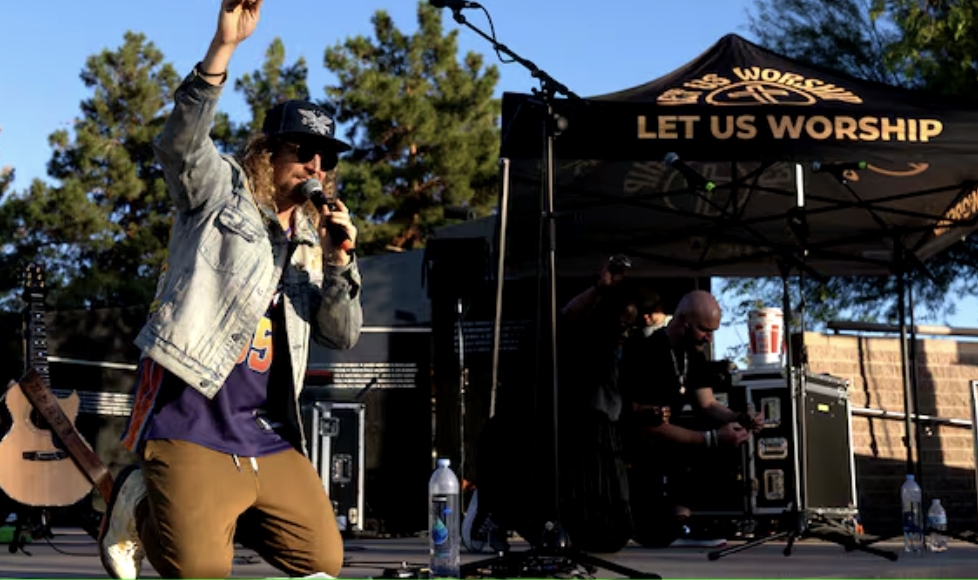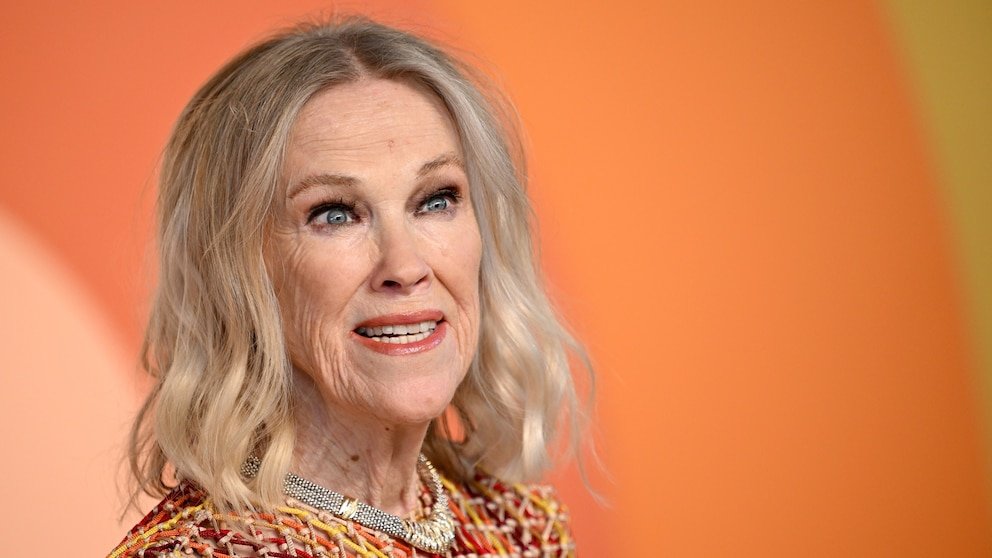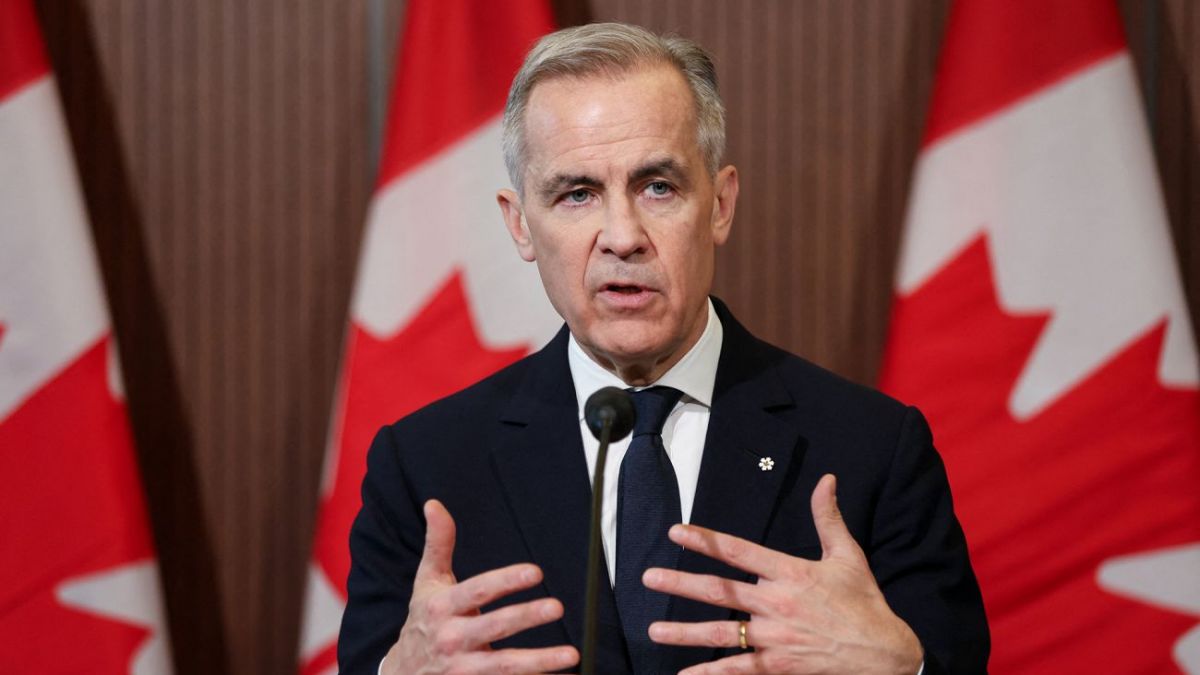Halifax, July 26, 2025 – The Europe Today: A decision by Parks Canada to revoke a performance permit for American religious singer Sean Feucht has ignited national debate in Canada regarding the balance between free speech and public safety in shared civic spaces.
Feucht, a known supporter of the MAGA movement in the United States, was scheduled to perform on Wednesday at the York Redoubt National Historic Site in Halifax. The singer has been widely criticized for expressing anti-diversity, anti-2SLGBTQ+, and anti-women’s rights views on social media platforms. In response to public backlash, Parks Canada cancelled the permit citing “safety concerns.”
Cameron Cassidy, Executive Director of Pride P.E.I., supported the cancellation, stating: “The City of Charlottetown absolutely did the right thing by revoking that permit. It shows respect for the queer community.”
However, critics of the decision, including James Turk, Director of the Centre for Free Expression at Toronto Metropolitan University, raised concerns about its implications for freedom of expression. “We should all be concerned when someone’s right to speak is taken away,” Turk said in an interview. “The foundation of democracy is the tolerance of diverse views—even ones we disagree with.”
Turk further warned that attempts to silence controversial figures like Feucht could inadvertently amplify their messages. “Until this controversy, I had never heard of him. Now he’s receiving national attention that money couldn’t buy,” he added.
Matthew Taylor, a senior Christian scholar at the Institute for Islamic, Christian, and Jewish Studies, echoed these concerns, describing Feucht’s actions as “provocative and intentionally aimed at eliciting censorship to later claim victimhood and persecution.”
Despite the permit withdrawal, Feucht performed later the same day at a private venue in Shubenacadie, Nova Scotia, on land owned by Christine and Neil Barr, pastors affiliated with Lighthouse Ministries. Christine Barr defended the event, saying Feucht “had no political agenda—just the gospel and his love for Canada.” She added that they received “hundreds of hateful messages,” including accusations of racism and even personal threats.
Opponents of the original Halifax performance argued that Feucht’s views contradicted Parks Canada’s principles of inclusion and safety. Several residents also questioned the appropriateness of hosting a concert at York Redoubt, noting no prior concerts had been held at the historic site.
In response to the controversy, Feucht issued a statement suggesting a double standard in treatment: “If I had shown up with purple hair and a dress claiming to be a woman, the government wouldn’t have said a thing. But to publicly profess Christian beliefs is to be labelled an extremist.”
Turk acknowledged that while people may feel uncomfortable or unsafe due to the content of a speaker’s views, “subjective feelings of safety do not justify censorship.” He concluded, “We must protect physical safety, but disagreement or discomfort with someone’s opinions does not warrant silencing them.”
The incident underscores ongoing tensions in democratic societies over the limits of expression, the rights of marginalized communities, and the responsibilities of public institutions to maintain both safety and inclusivity in civic spaces.














